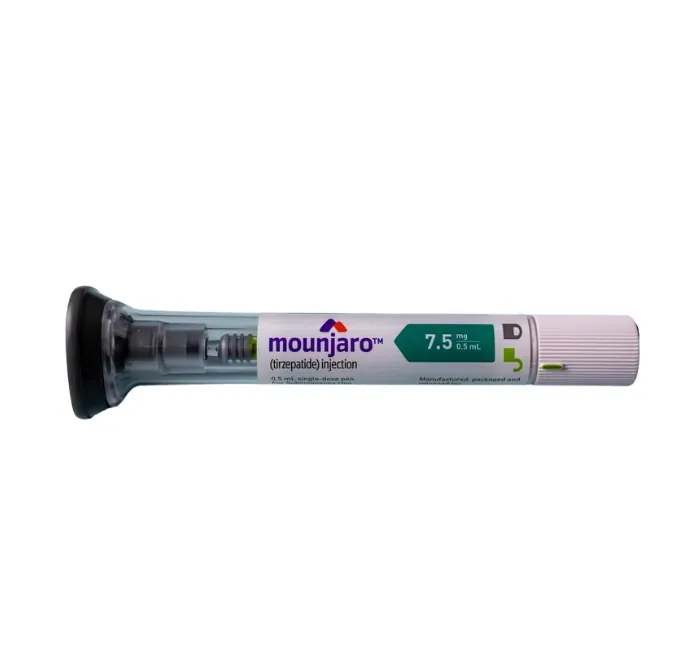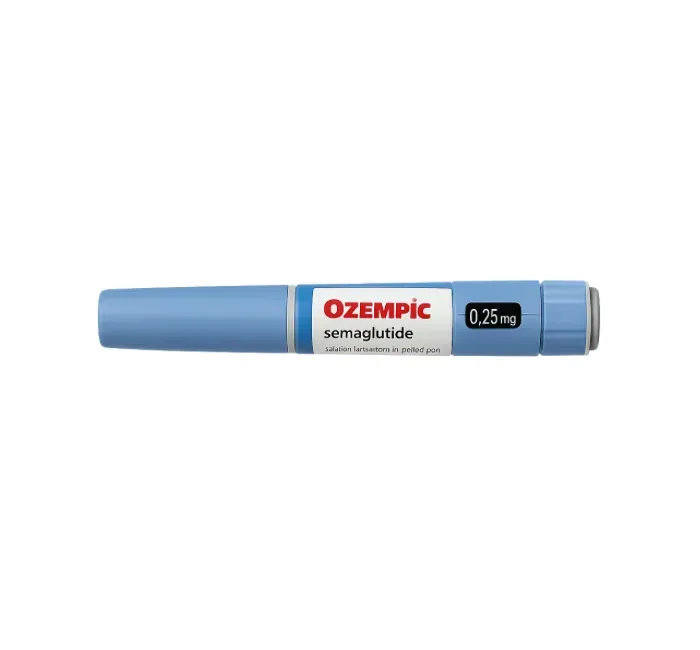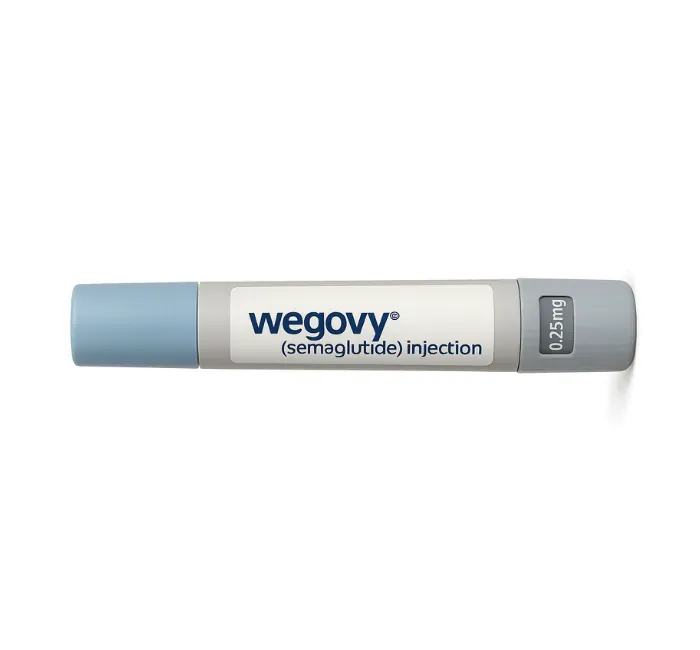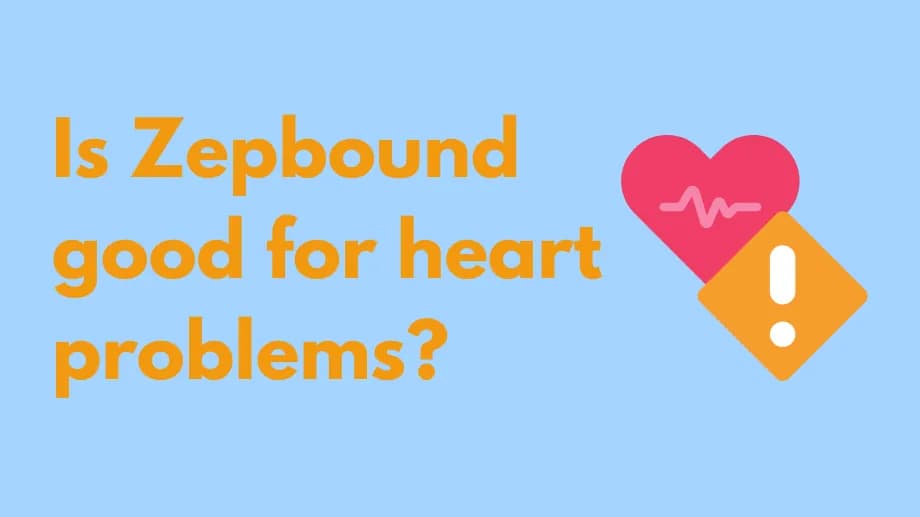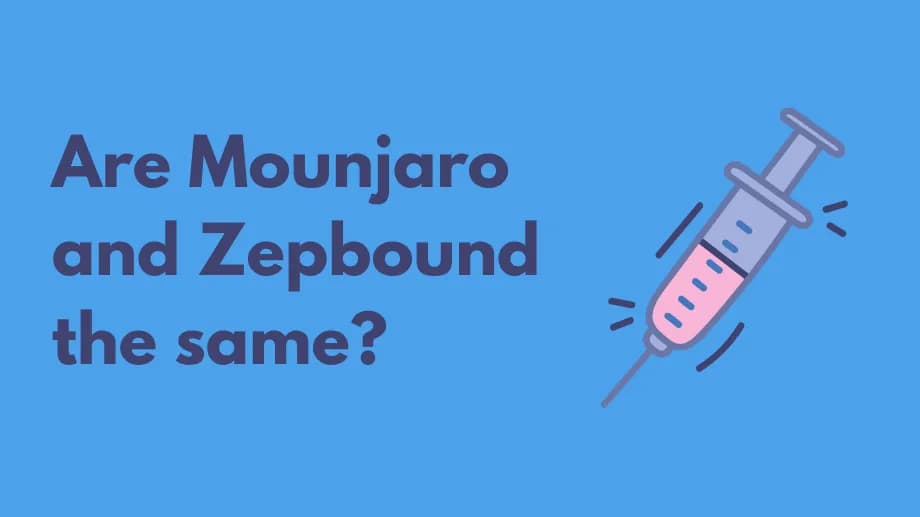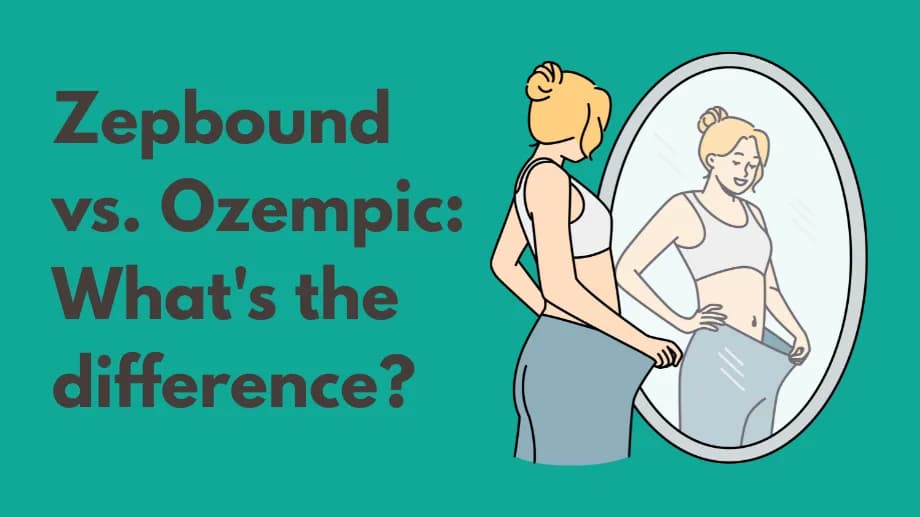When will Zepbound be available?
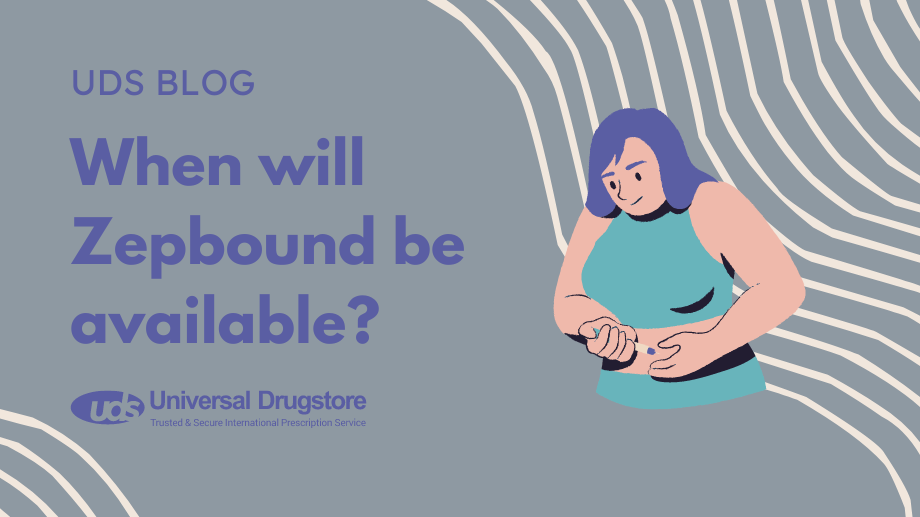
In November 2023, the U.S. Food and Drug Administration (FDA) approved drugmaker Eli Lilly’s Zepbound (tirzepatide), a new weight loss drug that had tremendous results during clinical trials. It is the first and only FDA-approved obesity treatment that works on both GIP and GLP-1 hormone receptors. In one clinical trial, participants taking the highest dose (15 mg) saw an average weight loss of 22.5% body weight, or about 52 pounds—more effective than similar medications like Wegovy and Saxenda.
By December 2023, Zepbound became available at U.S. pharmacies. Due to high demand, there may be local shortages.
Shop Medications
Zepbound has been added to the preferred formulary of top insurers like Express Scripts and Cigna Healthcare. A savings card program allows eligible insured patients to pay as little as $25 per month. Those without coverage may pay around $550 per month.
Keep reading to learn how Zepbound works, side effects, warnings, and answers to frequently asked questions.
Zepbound FAQs
What is Zepbound?
Zepbound (tirzepatide) is FDA-approved for chronic weight management in adults with:
- BMI ≥ 30 (obesity)
- BMI ≥ 27 (overweight) with a weight-related condition (e.g., high cholesterol, hypertension, type 2 diabetes, heart disease, sleep apnea)
How does tirzepatide work for weight loss?
Zepbound is a GLP-1 and GIP receptor agonist, mimicking gut hormones to reduce appetite and slow digestion. It also promotes insulin release to lower blood sugar, contributing to weight loss and appetite control.
What are the side effects of Zepbound?
Common side effects:
- Nausea
- Diarrhea
- Vomiting
- Indigestion
- Constipation
Other possible side effects:
- Burping
- Fatigue
- Stomach pain
- Hair loss
- Injection site reactions
- Dizziness
Serious side effects:
- Allergic reactions (e.g., hives, throat swelling, breathing issues)
- Thyroid tumors or cancer
- Pancreatitis
- Kidney damage/failure
- Gallbladder problems
- Hypoglycemia
- Vision changes in diabetics
- Worsening depression or suicidal thoughts
Report side effects to the FDA: www.fda.gov/medwatch or call 1-800-FDA-1088.
Who should not use Zepbound?
Do not use Zepbound if you have a personal/family history of medullary thyroid cancer (MTC), Multiple Endocrine Neoplasia syndrome type 2 (MEN 2), or if you’re allergic to tirzepatide or its ingredients.
What precautions should be taken with Zepbound?
- Kidney or pancreas issues
- Severe stomach problems (e.g., gastroparesis)
- Diabetic retinopathy
- Pregnancy or plans to become pregnant (join pregnancy registry via Eli Lilly: 1-800-545-5979)
- Use of oral birth control (may be less effective)
- Breastfeeding or plans to breastfeed
Are there drug interactions with Zepbound?
- Other diabetes medications like insulin (may increase risk of hypoglycemia)
- Oral medications (absorption may be affected due to slower digestion)
Does Zepbound work better than Ozempic?
Studies show tirzepatide (Zepbound) may be more effective than semaglutide (Ozempic) for reducing blood sugar and promoting weight loss, especially at higher doses. However, high doses may also lead to more nausea and vomiting. Consult your healthcare provider.
Why is Zepbound out of stock?
Due to high demand following its approval, Eli Lilly struggled to meet demand even after increasing production. Shortages may continue through 2024. Try multiple pharmacies or mail-order services.
